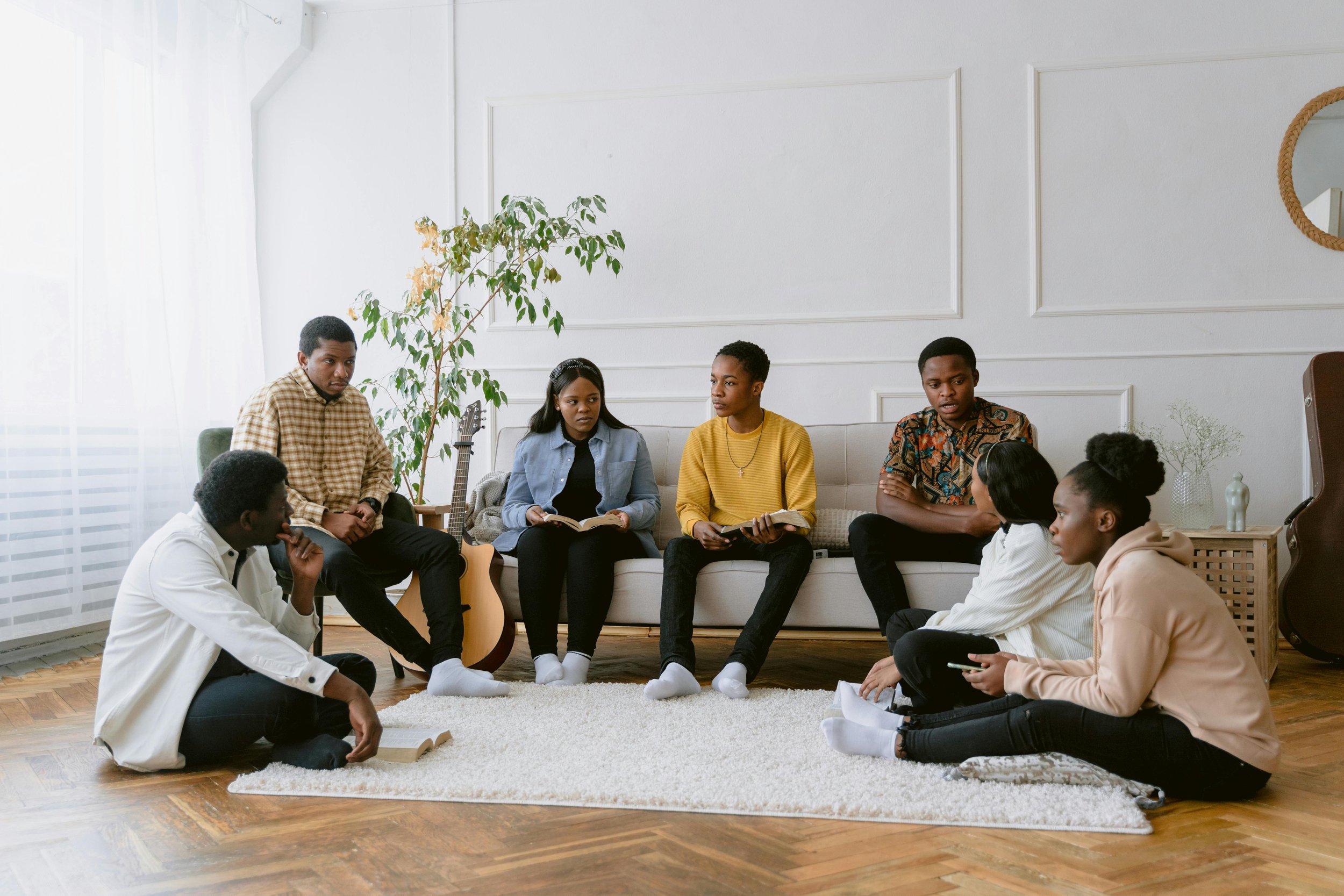Group Therapy
Emotional Eating
Learn how to identify underlying emotions and needs connected to emotional eating, over-eating, and binging. Explore DBT and Intuitive Eating skills that help to create more awareness and choice. Find support in a group of peers who understand emotional eating and who are open to learn and grow together through laughter, rich discussion, and compassion.
Details:
Where: Virtual (Zoom)
Date & Time: Wednesdays 3:00-4:00. February 4 - March 25 (8 weeks).
Other: Open to Oregon & Washington residents ages 18+; Most insurances accepted.
Group Therapists
Dr. Alisa Karmel (she/her), is a psychologist and licensed therapist who specializes in working with those experiencing fatness and obesity; body dissatisfaction; eating disorders or disordered eating related to obesity, such as emotional eating, overeating, and binge eating; as well as supporting individuals who have dealt with weight stigma in both personal and medical settings.
Kathryn Conyers (she/her), LPC is a somatic and emotion-focused therapist who specializes in anxiety, complex/childhood trauma, people-pleasing, and life balance. She is passionate about bringing mindfulness and self-compassion practices into therapy, and has received focused training on somatic (body-based) and mindfulness practices.




Group therapy can help with…
Learn Coping Strategies
Build Self-Awareness
Increase Confidence
Develop Healthy Boundaries
Grow in a Safe Space
Feel Less Alone
Gain New Perspectives
Improve Communication
Receive Support
Practice Social Skills


